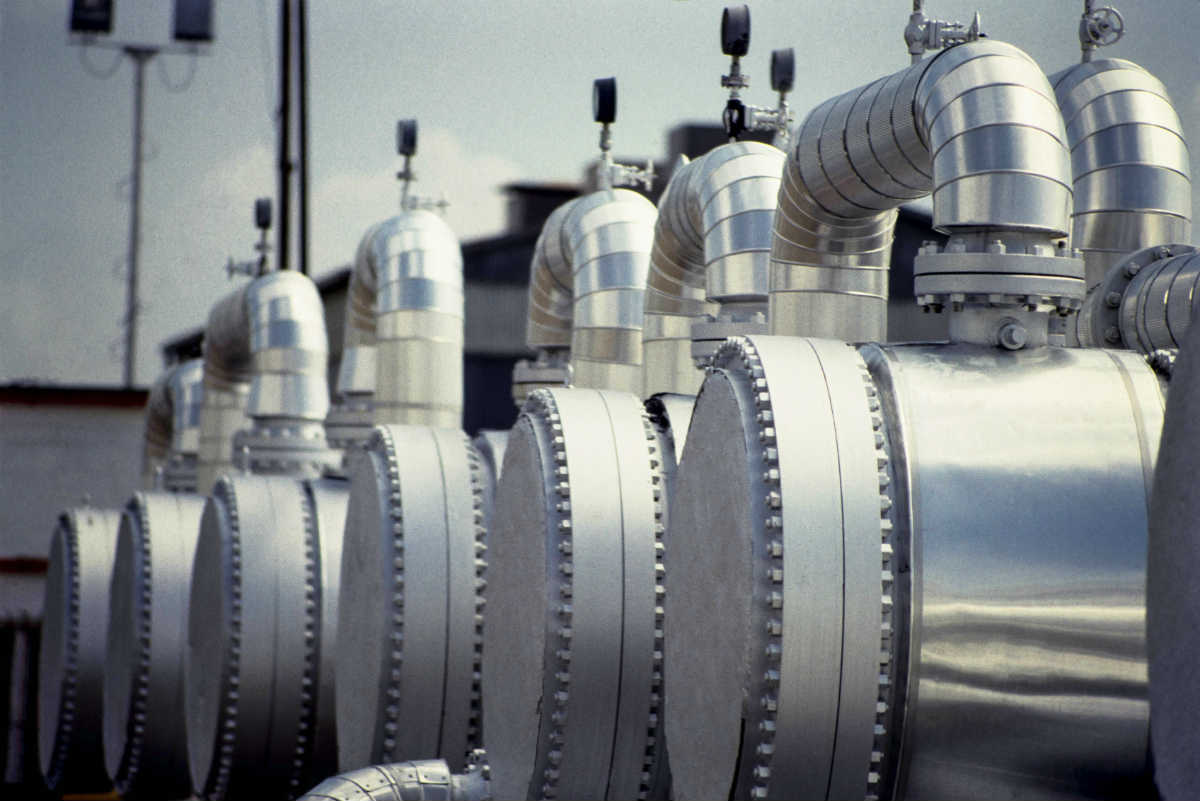Explosion accidents at workplace can have devastating consequences that include severe, disabling, and life threatening injuries.

Explosion accidents can occur at workplaces that involve working with volatile substances, chemicals or fuel products. In some cases, explosion accidents could be a result of human error or corporate neglect. However, there various other factors that can cause explosion accidents at workplaces including:
- Overheated, pressurized products
- Gas tank design defects
- Electrical malfunctions
- Fires
- Chemical spills
- Unguarded and Unsafely stored explosive materials
- Motor vehicle accidents that occur during trucking, air freight or delivery of volatile and explosive materials
- Defective products
- Failure to follow safety procedures, guidelines and instructions
- Improperly maintained factories and equipment
- Improper or inadequate employee training or supervision
Occupations with Higher Risks of Explosions
Explosion accidents are a real threat in many types of jobs. However, some jobs have a higher risk of explosion compared to other types of jobs. The high-risk jobs include:
- Underground sewer workers
- Manufacturers of chemicals compressed gas
- Cable repair workers
- Workers exposed to toxic fumes
- Power plant workers
- Mining workers
- Oil and gas workers
- Paint factory workers
Possible Injuries Caused by a Workplace Explosion
Explosion accidents can result in injuries that be devastating and overwhelming. They can leave a person disabled for the rest of their life or even cause death. Some of the possible injuries resulting from workplace explosion accidents include:
- Fracture
- Loss of a limb
- Angina
- Burns of various degrees
- Blast lung or pulmonary barotrauma
- Complications or aggravation of existing conditions
- Tympanic membrane rupture or Middle ear damage
- Penetrating ballistic or blunt injuries
- Eye penetration
- Crush injuries
- Abdominal hemorrhage and perforation
- Open and closed brain injury
- Hypertension (high blood pressure)
- Hyperglycemia (high blood sugar)
- Spinal damage
- Concussion
Most of these injuries are extremely serious, and the worker should get immediate medical help. Any delay in treatment can cause further complications making recovery extremely difficult. These injuries often take a long time to heal and the worker may have to undergo prolonged treatment. They may also require physical therapy to restore function of the affected limbs.
Apart from these physical injuries, the worker can also suffer severe emotional trauma. The mental and emotional effects of an explosion accident and injuries can last for a very long time, and the worker may even live with some emotional disturbances throughout his/her life.
Workers Compensation Benefits for Explosion Accident Injuries
As we discussed earlier, explosion accidents cause serious and life threatening injuries, and the worker would require prolonged and extensive treatment. The worker may also have to take a long time off work for recovery. They may even become permanently disabled and may never be able to return to work. This makes it important that the worker receives the rightful workers compensation benefits while recovering from an injury.
Missouri Workplace Injury Attorney
Injuries that are caused by an explosion accident are generally covered by Missouri workers compensation. If you or a loved one have been injured on the job in Missouri, contact an experienced workplace injury attorney at the Law Office of James M. Hoffmann. Insurance companies often do everything they can to minimize your claim. Gain more than even footing by speaking with an attorney at our law office as soon as possible.
Call (314) 361-4300
Workplace Injury and Accident Causes
Asbestos Exposure
Asbestos Removal
Second Hand Asbestos Exposure
Sexual Assault Workplace
Physical Assault at Workplace
Workplace Injuries Assembly Line
At Fault Accident
Workplace Attack
Benzene Exposure
Injured on Lunch Break
Building Collapse
Workplace Bullying
Chemical Exposure in the Workplace
Chemical Hazards in the Workplace
Cold Stress in the Workplace
Combustible Dust Explosion
Computer Use
Construction Site Accident
Conveyor Belt Accident
On the Job Injury Cause by Coworker
Crane Accident
Injuries from Desk Jobs
Diesel Exhaust Fumes Exposure
Digging Injury
Breaking Company Policy
Drowning at Work
Workplace Drug Use
Electrical Workplace Accidents
Elevator Accident
Equipment Accident
Ergonomics in the Workplace
Excessive Overtime
Workplace Explosion
Extreme Danger
Fall at Work
Fire in the Workplace
Slicer Accident
Forklift Accident
Walk in Freezer
Gas Pipeline Accident
Hard Work
Workplace Hazardous Substances
Hazardous Equipment in the Workplace
Heavy Machinery Accident
Horseplay in the Workplace
Danger at Workplace
Insomnia in the Workplace
Jumping Accident
Ladder Falls at Work
Loading Dock Accident
Machinery Accident Workplace
Equipment Failure Accident
Mining Accident
Mold in the Workplace
Nail Gun Accident
Workplace Noise
Non Collision Accident
Heavy Objects
Workplace Office Equipment
Opioid Use
Injury at Work Due to OSHA Violation
Overexertion Injuries at Work
Use of Pain Killers
Power Tool Injury
Inadequate PPE
Repetitive Motion Injuries in the Workplace
Mansfield Bar
Scaffolding Accident
Secondhand Smoke in the Workplace
Side Effects
Silica Exposure
Sleep Disorder
Slip and Fall Injuries in the Workplace
Stairs at Work
Struck by a Vehicle
Tar Fumes
Toxic Chemical Exposure
Toxic Fumes in the Workplace
Car Accident While Working
Trench Collapse
Trips at Work
Unsafe Working Conditions
Workplace Violence
Welding Injury
Winter Hazards in the Workplace
Working Shifts
